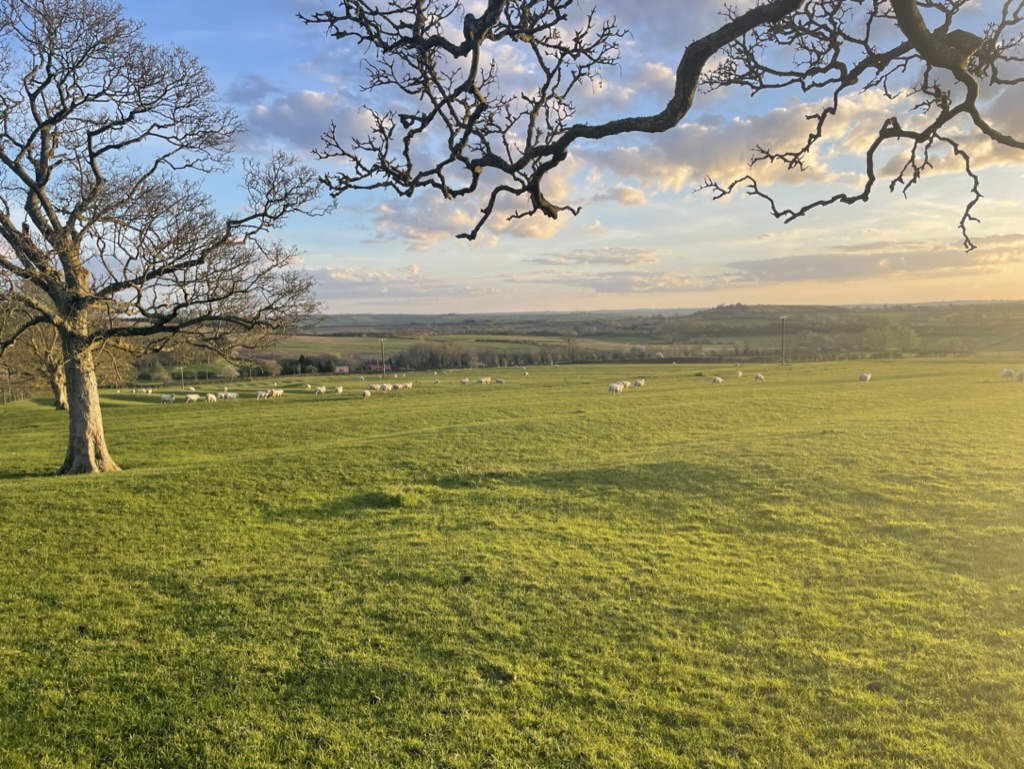A rural consultancy has enabled a pioneering arable farm to sell ‘carbon credits’ generated from sequestered carbon in its soil to a top Formula 1 team to offset their emissions.
Blaston Farm in Leicestershire, owned by Philipson Estates, has been at the forefront of regenerative farming for many years and has worked with Fisher German to help turn the farm into one that sequesters and stores a surplus of carbon.
With Fisher German’s advice alongside agronomists Indigro and soil monitoring firm Ecometric, it has recently produced a detailed soil organic matter testing methodology and moved to a more regenerative style of farming.
If a farm’s captured carbon is more than its yearly emissions, it means the surplus can be sold on the open market to private buyers looking to offset their emissions in the form of carbon credits.
After vigorous analysis from Ecometric, credits were listed on the Regen Network platform. Blaston Farm was able to sell credits to the Mercedes-AMG PETRONAS F1 team via carbon finance specialist Respira International.
Vicky Povey, agribusiness graduate at Fisher German, said: “Creating carbon credits in this way is relatively new, and the market is very much an emerging one.
“But if a farm can demonstrate that it is sequestering carbon in its soils over time via detailed analysis from companies such as Ecometric, then it is looking more and more like a viable way of generating extra income, particularly as BPS declines to zero in 2027, and helping the environment.
“Blaston Farm and Philipson Estates are very much pioneers in this regard and have shown that for the right farm, carbon credits are valued by the market.
“For a company such as the Mercedes AMG PETRONAS F1 team to be purchasing credits, it shows the blue-chip firms hold them in high regard when it comes to offsetting emissions.
“It’s fair to say that this method isn’t foolproof. The number of credits generated can depend on the type of soil a farm has and weather conditions. When assessing farm suitability for carbon sequestration, it is worth assessing fields individually and bearing in mind the trade-offs associated with reduced cultivation.
“In addition, the longevity of these practices is somewhat unknown. We know the soil cannot store infinite amounts of carbon, so it is uncertain exactly how long we can continue to increase soil organic matter.
“But farmers who are already trying regenerative farming methods ought to think about having their soil carbon levels measured against their emissions to generate credits. The market is only growing, and as companies are increasingly looking for ways to offset their emissions, it could be a great way to make extra money when farms are often under pressure.
“For farmers thinking about generating carbon credits, it is vital to get expert advice so they can be sure it is a viable option for them.”
Blaston Farm has engaged with regenerative farming practices for several years, including the creation of wildlife habitats alongside arable land, the use of renewable energy such as solar panels and air-source heat pumps, and participation in SFI schemes.
Hylton Murray-Philipson, owner of Philipson Estates, believes that having exhausted the soil through years of continuous arable cropping, the heavy clay at Blaston has a 20-year journey of sequestration and recovery ahead.
Hylton added: “Soil organic matter is a much more immediate form of sequestered carbon compared to trees or peatland.
“At Blaston Farm, we have worked to improve soil quality by diversifying our crops and focusing on a more natural way of farming, which has enabled the soil to take in more carbon.
“We felt the creation of highly audited carbon credits would be valued by the market, and the fact that we’ve sold a number of them to Mercedes-AMG PETRONAS F1 has proved us to be right.
“We’re looking forward to continuing to capture more carbon to generate more credits, which are currently listed on the Regen Network platform, and show that other farms – and of course, the environment – could benefit from this practice too.”



